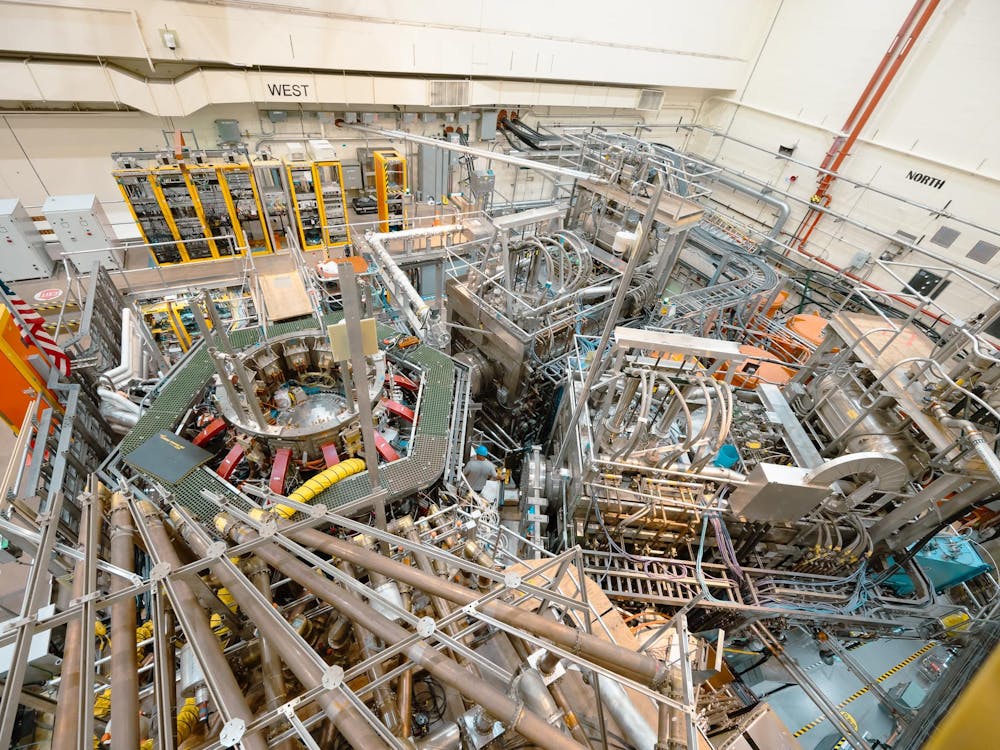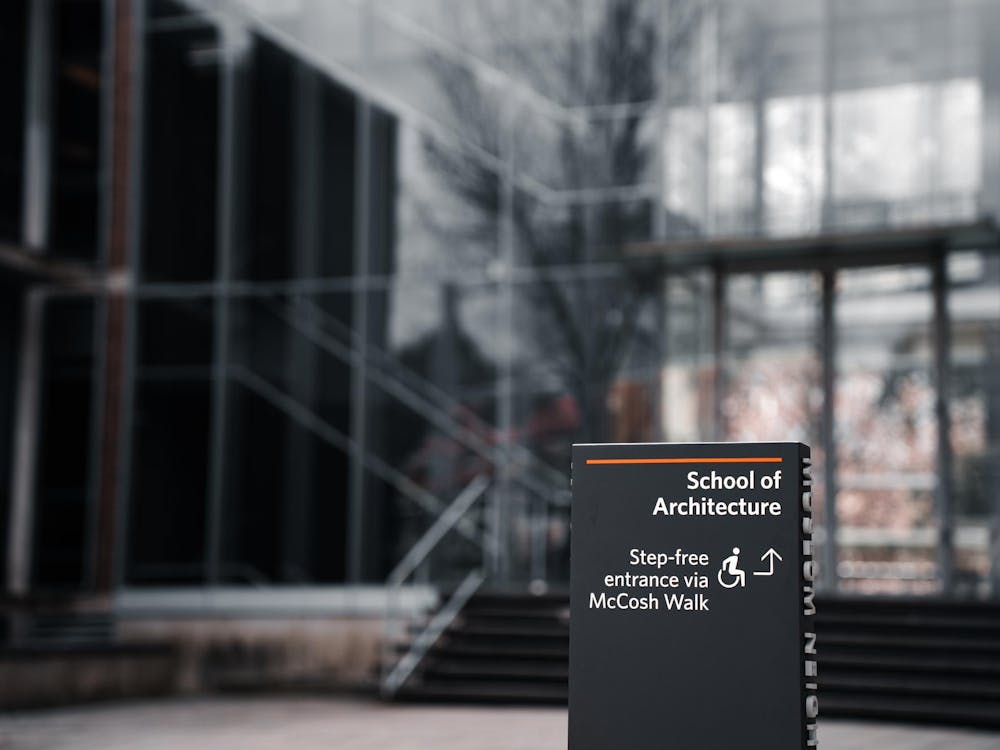Correction appended
Having bound their theses, completed final projects and started looking toward graduation in three short weeks, seniors in many departments must still fulfill one last academic requirement — departmental comprehensive examinations, the final assessment of their four years of academic study at Princeton.
The tests, which will be administered this week, are designed to evaluate seniors on their cumulative knowledge within their fields. Written by the individual departments, the exams can vary both in format — from multiple-choice examinations to oral presentations — and in the weight they are given on a student’s transcript.
Several departments require that undergraduate concentrators pass written or oral comprehensive exams while others have seniors explain and defend their independent research in a formal thesis defense.
Seniors preparing for their exams seem to rely on the coursework they have completed in their departments during their time at Princeton rather than study new material extensively.
“I didn’t really structure my course work around comprehensive exams,” history major Elizabeth Hollingsworth ’09 said. “They’re supposed to be a demonstration of what you’ve learned over the last four years. I’ve been looking over my course notes. I haven’t been doing much external research.”
The history department requires that seniors complete a take-home exam consisting of essay topics in each of the fields offered within the major, such as U.S. history or Ancient Greece and Rome.
Several other departments structure their senior comprehensive examinations in a similar manner, evaluating concentrators on specialized subjects within their fields.

According to the politics department’s instructions for its exams, sent to all concentrators, “The exam allows students to choose from a set of questions designed such that any student who has taken significant coursework and completed independent work in that field should be able to answer at least some of them.” The exam takes the form of a 24-hour, take-home, closed-book essay and includes questions designated for the four different departmental tracks, including American politics, comparative politics, political theory and international relations.
“For my comprehensive exam, I‘m just looking over my notes in my specific concentration (comparative politics),” politics concentrator Manav Lalwani ’09 said in an e-mail. “In general, there is not a better way to prepare. Instead of stressing over them, most seniors are just anticipating them being done.”
The politics and economics exams count for 5 percent of a concentrator’s departmental GPA, while the history exam counts as an entire course.
The comprehensive examination for the economics department takes the form of a multiple-choice exam. “The purpose of the exam is to test the students’ broad knowledge of economics,” economics professor Avinash Dixit said. To help seniors prepare and familiarize themselves with the scope of material, the department posts a sample examination two to three weeks in advance.

Some other departments require oral rather than written examinations. For example, art and archaeology concentrators take a one-hour oral examination on topics they select in advance.
“Seniors often say that reviewing 200-prerequisite notes are helpful,” English department representative Jeff Dolven said. “But remember that you were probably a freshman or sophomore when you took those notes, and in this exam you need to be a senior.”
Philosophy concentrators must complete 90-minute oral examinations in which they discuss an area of philosophy defined by a syllabus of readings related to the topics of their theses.
Other departments require formal presentations on independent work rather than comprehensive examinations. Many engineering programs and some A.B. departments, including the Wilson School, have seniors complete these thesis defenses of their independent work. Some departments, like East Asian studies, have students complete both a comprehensive exam and a thesis defense.
Engineering school dean Peter Bogucki explained that, for engineers, this design is intentional and fits the field well. “Comprehensive exams don’t seem to be part of the curricular culture of the engineering program,” he explained. “Since B.S.E. students spend three years in a department rather than two, the engineering faculty have ample opportunity to assess the extent to which a student has mastered the fundamental principles of the field and their application.”
Correction
An earlier version of this article incorrectly attributed a quote by English department representative Jeff Dolven to art and archaeology department representative Anne McCauley.







